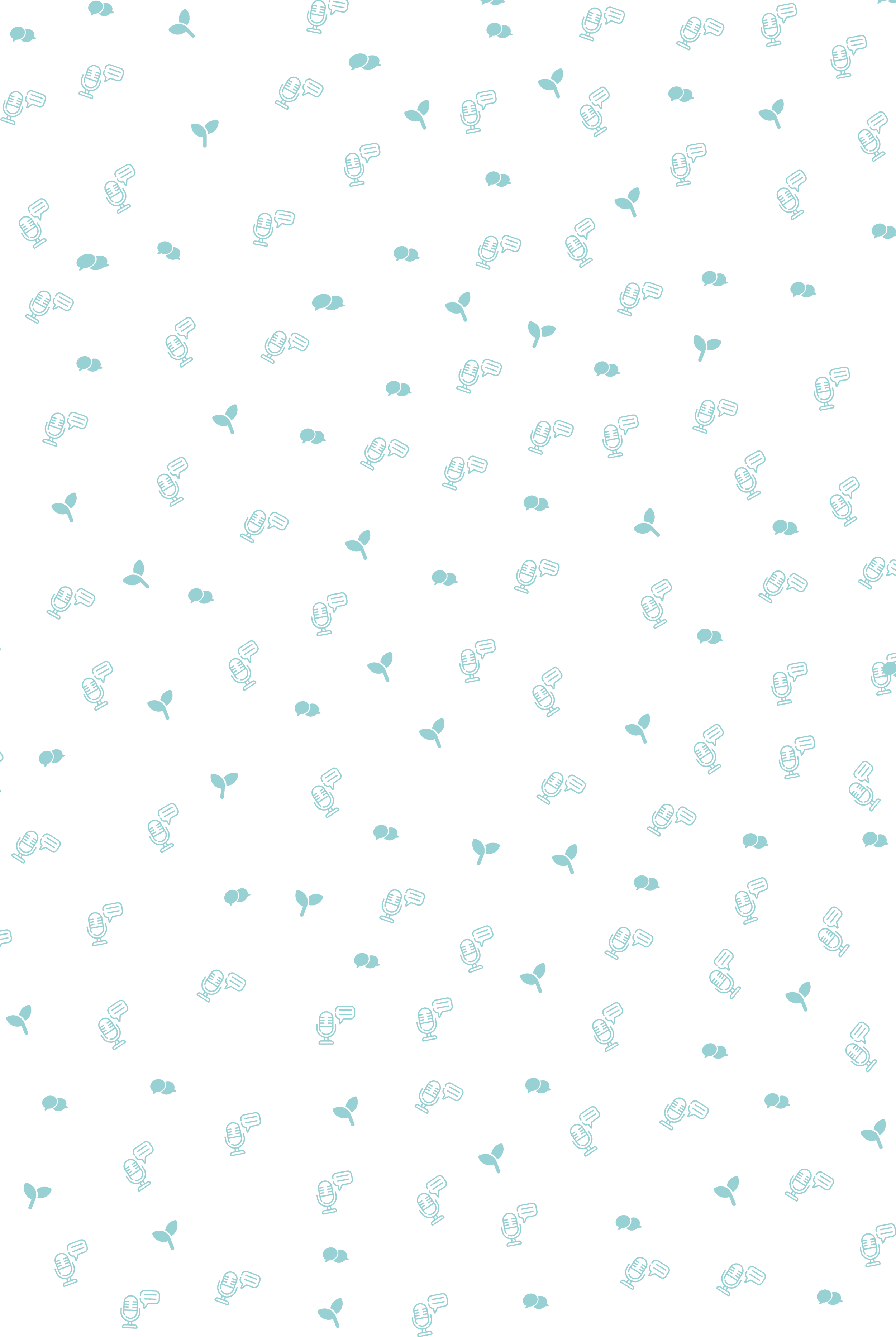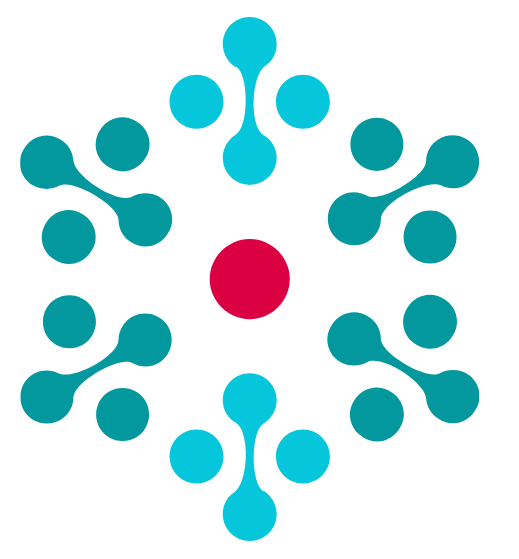Case Study: Cellular Agriculture Consultant in Alternative Proteins
Ahmed Khan is a cellular agriculture consultant and the founder of CellAgri, a platform dedicated to the field of cellular agriculture. He also was a co-founder of Cellular Agriculture Canada and served as a board member until 2022. Ahmed holds a bachelor's degree in cell biology and anatomy from McGill University.
His passion for biotechnology and sustainability led him to start CellAgri in 2017, a resource for news and insights on cellular agriculture and related fields. The platform provides a range of resources including newsletters and detailed reports to support the industry's growth and inform stakeholders.

This is a summary of the interview that Ahmed gave on the “Cultivating Careers in the Alternative Protein Industry” podcast with Jeffray Behr.
What is CellAgri and what do you do there?
CellAgri is a news and market insight platform focused on cellular agriculture. We cover both cell-based meat and precision fermentation. I started it in 2017 to provide a comprehensive resource for anyone interested in this emerging field. We offer news updates and educational resources, including an e-book and email courses to help people understand cellular agriculture and its potential impact on the food industry.
What inspired you to start CellAgri?
My background in cell biology sparked my interest. After learning about how biotechnology could revolutionize food production through a presentation titled "How Biotechnology Can Save the World," I was captivated. There was no centralized platform for cellular agriculture at the time, so I created CellAgri to fill that gap and provide valuable information and insights about this field.
It’s amazing how certain moments can shape a career. When you first started CellAgri, did you anticipate it would grow this much?
Initially, I wasn’t sure how big it could become. The field was quite new, and I questioned if I was entering too late. However, after talking to various players in the ecosystem, it became clear that there was a significant need for a platform like CellAgri. That’s when I realized the potential for growth and decided to invest more deeply into it.
What were some of the major challenges you faced in the early days?
One of the biggest challenges was not knowing what I didn’t know. Understanding the needs of the field and figuring out how to address them was a steep learning curve. Fortunately, connecting with people in the industry helped identify the communication gaps and shaped CellAgri into a useful resource.
Can you describe a typical day for you at CellAgri?
My day is split between research, writing, and communication. I spend time researching the latest developments in cellular agriculture, which feeds into our newsletters and other resources. I also handle a lot of communication, whether it’s meeting with industry professionals or engaging with our community. Each week brings something new, which keeps the work dynamic and exciting.
What do you enjoy most about your work?
The most rewarding part is receiving feedback from people who have found CellAgri helpful in their journey into cellular agriculture. It’s inspiring to see the impact of our work and to know that we’re helping people navigate and enter this field. I also enjoy the variety of tasks and the opportunity to attend conferences and meet people from all over the world.
And what’s the least favorite aspect of your job?
The rapid growth of the field has made it challenging to keep up with all the developments. While it’s a good problem to have, it sometimes feels overwhelming to stay updated with everything happening globally.
Your background includes both cell biology and political science. How has this combination helped in your current role?
My background in cell biology provided a solid foundation for understanding the scientific aspects of cellular agriculture. The political science component, especially my experience in writing and communication, has been crucial for explaining complex concepts in a digestible way. This combination has been valuable for building and communicating the CellAgri platform.
How did you transition CellAgri from a side project to a full-time career?
I initially worked on CellAgri part-time while I was an analyst at a venture capital firm. The skills I gained there helped me analyze the novel ecosystem of cellular agriculture. By early 2019, I decided to focus on CellAgri full-time and apply the insights I had gathered to grow the platform into a leading resource in the field.
Where do you see CellAgri going in the next 5 to 10 years?
I envision CellAgri continuing to grow as a central hub for all things related to cellular agriculture. I want it to be the go-to resource for comprehensive information on the field, including product updates, insights, and career opportunities. I’m committed to expanding our offerings and maintaining our role as a key player in the industry.
What advice do you have for job seekers interested in the Alternative Protein space?
Explore the resources available to understand the field better. Tools like Pathways by Cellular Agriculture Australia are great for identifying opportunities and how your current skills can be applied to this sector. The field is growing rapidly, and there are diverse roles beyond just the scientific and engineering aspects, including communications, marketing, and business development. Stay curious, and don’t hesitate to reach out to organizations or join relevant events to network and learn more.
Are you looking to start your career in the Alternative Proteins sector? Check out the Tälist job board! With hundreds of new jobs added each week, Tälist connects you with opportunities that align with your skills and passions in the sustainable food industry. Join today and be part of the future of food!

